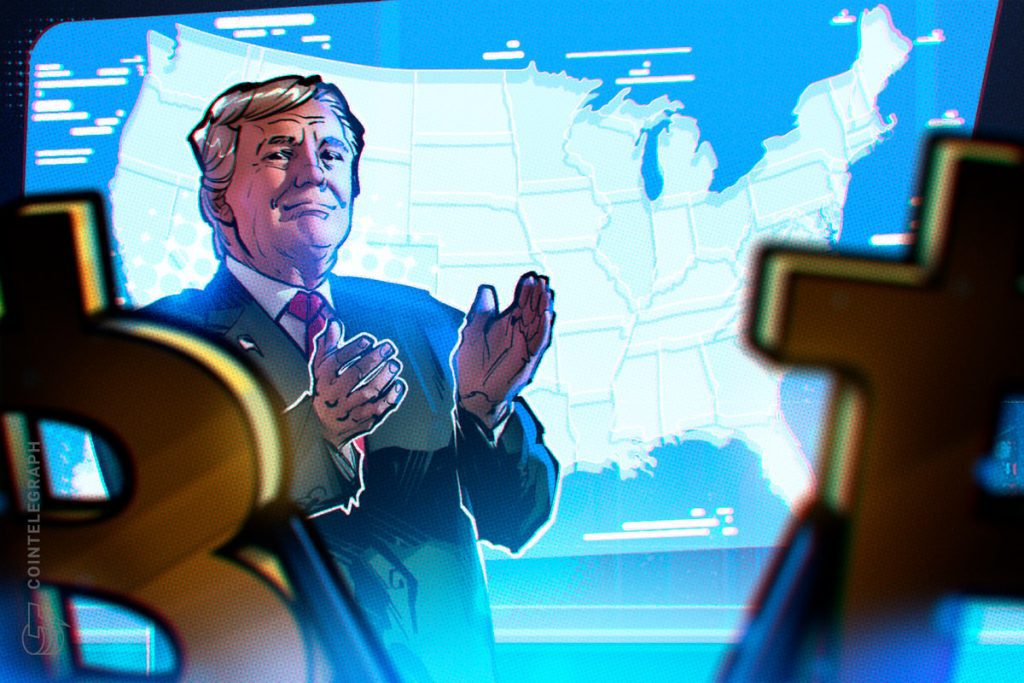US President Donald Trump aims to position the United States as a “Bitcoin superpower,” but it remains unclear who his competitors are in this endeavor.
During his speech at Blockwork’s Digital Asset Summit on March 20, attended by leaders in the cryptocurrency sector, he declared, “Together we will make America the undisputed Bitcoin (BTC) superpower and the crypto capital of the world.”
The U.S. cryptocurrency sector has gained significantly from favorable executive orders during Trump’s administration, including the formation of a “strategic Bitcoin reserve”—a move that advocates see as a vital step towards Bitcoin adoption.
US Position Compared to Global Trade Partners
In comparison to major trade partners and geopolitical adversaries, the U.S. is ahead in Bitcoin integration. The European Union, China, Mexico, and Canada have not made similar strides in adopting Bitcoin as a reserve asset.
China, America’s largest trading partner and a significant geopolitical challenger, has taken a tough stance against Bitcoin, previously banning it outright before easing some restrictions. Mining is now allowed, but using Bitcoin remains prohibited. Instead, the Chinese government is focusing on developing a retail central bank digital currency, the digital yuan.
The EU and Other Allies Stance on Bitcoin
Similarly, while the European Union has put forward a regulatory framework for crypto assets in May 2023, its implementation won’t be fully realized until the end of 2024. Moreover, the EU offers less favorable conditions for the cryptocurrency industry compared to what is being proposed in the U.S. Congress. With crypto adoption stalling, no EU member has established a Bitcoin reserve.
In Switzerland, which has witnessed significant U.S. service exports, there are still limitations on endorsing cryptocurrency. The Swiss National Bank’s President recently stated that Bitcoin is unsuitable as a reserve asset due to stability and liquidity concerns.
Critiques of the Bitcoin Reserve Strategy
Critics have raised concerns about the strategic value of the U.S. Bitcoin reserve, questioning who benefits in the long term. According to Cornell professor Eswar Prasad, the initiative is neither pragmatic nor strategic; it serves Bitcoin holders while imposing financial risks on taxpayers. He emphasized that the government would inadvertently influence Bitcoin’s market price.
Experts note that traditional strategic reserves are intended to stockpile commodities essential for an economy, unlike Bitcoin, for which there is no significant demand among Americans. Comments from notable figures on the feasibility of the reserve suggest skepticism regarding its actual benefits.
Potential for Change
As it stands, the U.S. is leading a race with no apparent competitors, but this could shift rapidly. Right-wing parties advocating for Bitcoin reserves are gaining traction in European politics, and Brazil is contemplating the establishment of a Bitcoin reserve. This dynamic indicates that the U.S. Treasury’s ability to purchase Bitcoin, provided it doesn’t impact taxpayers negatively, may influence future Bitcoin acceptance.



